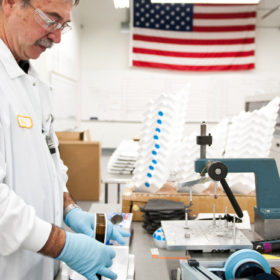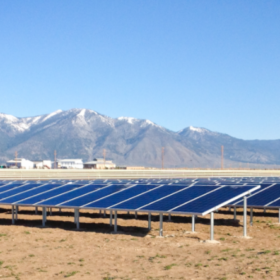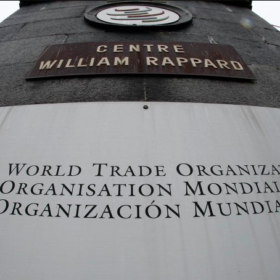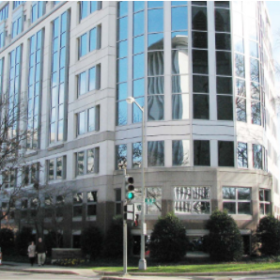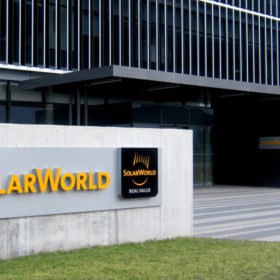US solar industry could contract 60% if Suniva case succeeds: report
GTM Research’s latest report predicts a 50% to 60% overall reduction to solar installations if trade action is taken, with the utility-scale sector taking the most significant hit.
EDF signs 15-year PPA for 500 MW plant in the United States
Southern California Edison will purchase 125 MW AC from the Maverick Solar (formerly Palen 1) Plant, which is expected to start delivering electricity on Dec. 1, 2020.
Deloitte says millennials are driving solar expansion
According to Deloitte’s annual “Resources 2017 Study – Energy Management: Sustainability & Progress,” grid parity, driven by technological advances and plunging prices, has allowed consumers and businesses to choose clean energy over more traditional fossil-fuel options, with increasing solar use being most consumers’ top priority.
BREAKING: Trump abandons Paris Agreement
Though the decision may not affect solar in the short term, it sends a message that President Trump doesn’t think Climate Change is a threat – and the rest of the world will have to go it alone.
United States informs WTO of trade petition investigation (ITC notification embedded)
The U.S. International Trade Commission has informed the WTO that it is moving forward with its investigation into whether Suniva and SolarWorld deserve “global safeguard” protection from their competitors.
SolarWorld Americas joins Suniva’s trade petition
After originally being cool to Suniva’s petition to the U.S. International Trade Commission for protection from its Chinese competitors, SolarWorld Americas has reversed its stance and joined the complaint as a co-petitioner.
Trump budget guts solar research at NREL and Berkeley (14 essential documents embedded)
The president’s federal budget for Fiscal Year 2018 includes the expected cuts to renewable energy within the DOE’s walls, but the cuts to prominent national labs – including the elimination of energy-storage research funding at both – could have unforeseen long-term effects on the industry.
BREAKING: U.S. ITC moves ahead with Suniva investigation
The U.S. International Trade Commission decided late tonight to move forward under Section 201 of the Trade Act of 1974 to investigate whether the bankrupt module maker deserves protection from its Chinese competitors.
BREAKING: SolarWorld may close Oregon factory
The company has given WARN Act notices to all of its employees, and says that it is trying to determine the right size going forward.
Report: Suniva case could destabilize global supply chain (with chart)
IHS Markit says the complaint could also cause the U.S. market to crater 60% by 2021, causing global module oversupply and driving module prices ever lower.
